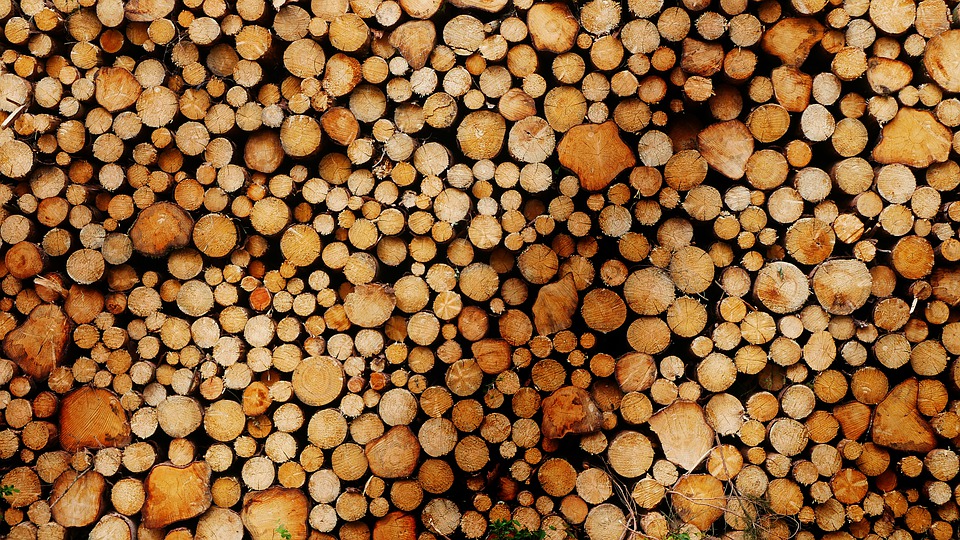“Biomass burning power plants emit 150% the CO2 of coal, and 300-400% the CO2 of natural gas, per unit energy produced.”
“It’s hypocritical for countries, including the UK, to sign this Declaration on Forests and Land Use while continuing billions in subsidies for this dirty energy industry.”
.
‘GREEN HYPOCRISY’?
There is a lot of hypocrisy around ‘green initiatives’ – but it’s a very fraught area.
The Heritage Foundation isn’t particularly ‘green-friendly’ and will be very eager to point out ‘discrepancies’:
The Great Hypocrisy of the Green New Deal | The Heritage Foundation
In the opposite corner we have George Monbiot of the Guardian:
“Hypocrisy is the gap between your aspirations and your actions. Greens have high aspirations – they want to live more ethically – and they will always fall short. But the alternative to hypocrisy isn’t moral purity (no one manages that), but cynicism. Give me hypocrisy any day.”
I’d rather be a hypocrite than a cynic like Julie Burchill | George Monbiot | The Guardian
How I deal with the unbearable hypocrisy of being an environmentalist | Environment | The Guardian
From the Oxford English Dictionary’s online site, Lexico.
BURNING BIOMASS… BURNING COAL
One area where there is real ambiguity is the burning of carbon.
There have been a lot of vocal ‘anti-coal’ calls from environmentalists and their allies over recent years:
Hillary Clinton confronted with past coal comments – CNNPolitics
Perhaps there is no such a thing as ‘clean coal’:
Government clean-coal projects flopped, federal watchdog finds – CBS News
Dubai Finally Accepts That ‘Clean Coal’ Isn’t Clean | MEE…
But is there such a thing as a clean woodburner?
The debate around woodburners – Vision Group for Sidmouth
And is there such a thing as ‘clean biofuel’?
Biofuel – a critical assessment – Vision Group for Sidmouth
Or, to put it this way:
Is biomass “Worse than coal”? Yes, if you’re interested in reducing carbon dioxide emissions anytime in the next 40 years.
It’s often claimed that biomass is a “low carbon” or “carbon neutral” fuel, meaning that carbon emitted by biomass burning won’t contribute to climate change. But in fact, biomass burning power plants emit 150% the CO2 of coal, and 300 – 400% the CO2 of natural gas, per unit energy produced. These facts are not controversial and are borne out by actual air permit numbers…
Carbon emissions from burning biomass for energy | pfpi
And to look further at the concerns over the branding of biomass as ‘clean’:

Biomass has been promoted as a carbon-neutral energy source by industry, some countries and lawmakers on the basis that the emissions released by burning wood can be offset by the carbon dioxide taken up by trees grown to replace those burned.
Yet there remain serious doubts among many scientists about its carbon-neutral credentials, especially when wood pellets are made by cutting down whole trees, rather than using waste wood products. It can take as much as a century for trees to grow enough to offset the carbon released.
Burning wood for energy is also inefficient – biomass has been found to release more carbon dioxide per unit of energy than coal or gas, according to a 2018 study and an open letter to the EU signed by nearly 800 scientists.
This CO2 is theoretically reabsorbed by new trees, but some scientists suggest relying on biomass could actually end up increasing emissions just at the time when the world needs to sharply reduce emissions and reach goals of becoming net zero by 2050. “During these decades, warming increases and permafrost and glaciers continue to melt, among other permanent forms of climate damage,” said Tim Searchinger, a senior energy and environment research scholar at Princeton.
Over the last decade a wave of biomass plants have opened their doors or ramped up production across the US south, where they have access to the region’s vast hardwood and other wetland forests, many of which are on unprotected private lands.
All of this has led to accusations of ‘hypocrisy’:
Campaigners slam ‘hypocritical’ government over biomass strategy | BusinessGreen News
Hypocrisy of the UK Government on Bioenergy | NRDC
Here’s a report from the BBC from last month:
When it comes to the arcane world of climate accounting, biomass energy is classed as renewable based on the premise that trees grow back. So greenhouse gas emissions from trees are counted in the nation of land use rather than the place where they are burnt.
Yet, Mary Booth, founder of the environmental organisation Partnership for Policy Integrity, points out that “just because something is counted as zero because of an accounting convention does not mean it’s carbon neutral”.
At Glasgow’s COP26 climate summit, officials did not take a clear stance on biomass – a leading EU climate official called for its biomass use, though with reservations. However, the Glasgow Leaders’ Declaration on Forests and Land Use, signed by leaders of over 130 countries, does commit them to curbing forest loss by 2030.
It is as yet unclear how this is to be done. Elly Pepper, a campaigner at transatlantic environmental coalition, Cut Carbon Not Forests, warns the agreement will fail if countries do not come to terms with their dangerous reliance on biomass. “It’s hypocritical for countries, including the UK, to sign this declaration while continuing billions in subsidies for this dirty energy industry,” she says.
The ‘green’ row over the UK’s largest renewable power plant – BBC News
.